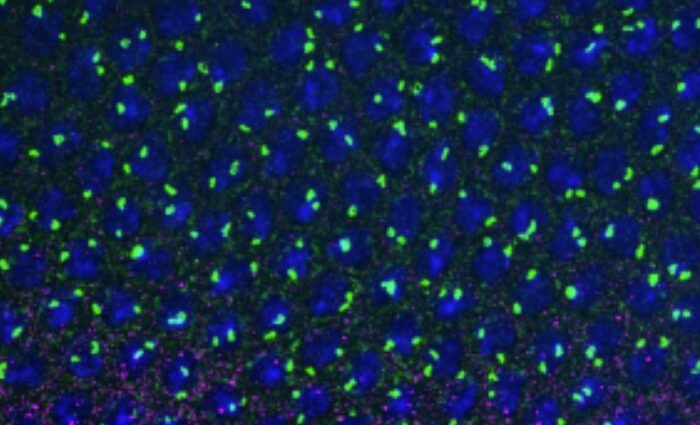Mutations in U4atac, a component of the minor spliceosome, affect the function and the homeostasis of the Integrator, a complex involved in the 3’-end maturation of snRNAs
The Taybi-Linder syndrome (MOPD1) is associated with microcephaly and developmental defects and is due to pathogenic variants in the U4atac snRNA, a component of the minor spliceosome which is essential for the removal of U12-type introns from eukaryotic pre-messenger RNAs. In this work, we characterized molecular defects occurring in lymphoblastoid cells derived from compound heterozygotes twins carrying the g.108_126del deletion and the g.111G>A mutation in the 3’-end of the RNU4ATAC genes. Our studies show that patients’ cells contain lower levels of U4atac snRNA as well as reduced levels of di- and tri-snRNPs of the minor spliceosome. Our work reveals also the existence of 3’-extended snRNA transcripts in patients’ cells. Moreover, we show that the mutant cells have alterations in splicing of minor introns, contain lower levels of the INTS7 and INTS10 proteins and display changes in the assembly of Integrator subunits. Altogether, our results show that compound heterozygous RNU4ATAC g.108_126del;g.111G>A mutations induce splicing defects and affect the homeostasis and function of the Integrator complex.
https://doi.org/10.1093/nar/gkac1182 – Search Results – PubMed (nih.gov)
https://doi.org/10.1093/nar/gkac1182








